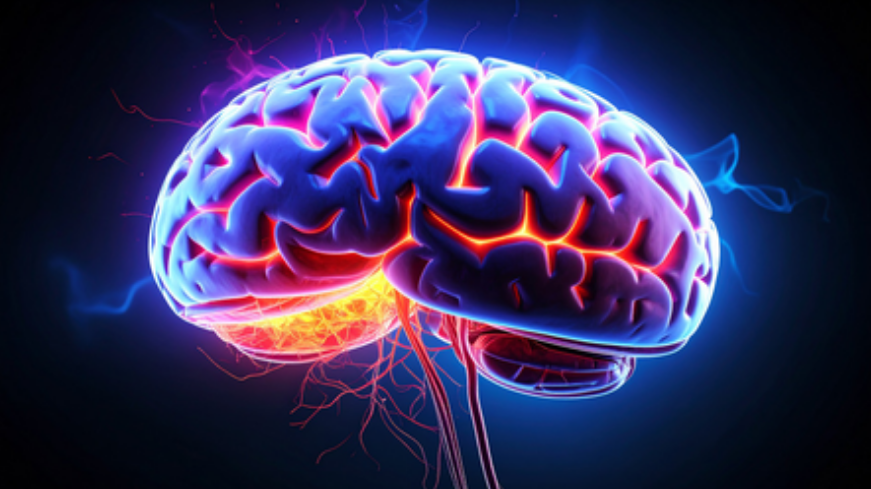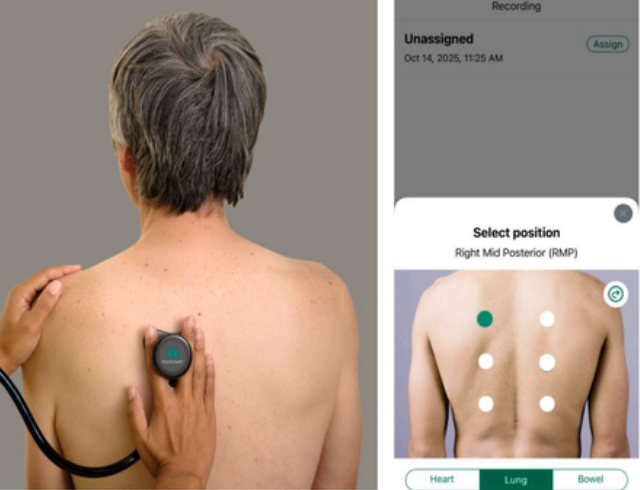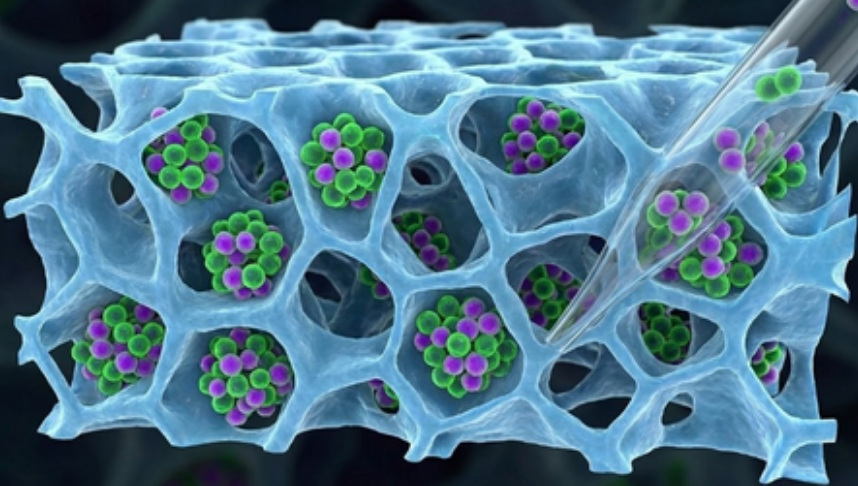Why Women Face Higher Risk of Multiple Sclerosis and Alzheimer’s, Study Finds

NEW DELHI– U.S. researchers have identified a gene on the X chromosome that drives brain inflammation in females, offering new insight into why women are more prone to neurological conditions such as Alzheimer’s disease and multiple sclerosis.
A team from the University of California–Los Angeles (UCLA) discovered that women’s two X chromosomes — compared to men’s single X — can lead to a “double dose” of inflammation, which contributes to aging and neurodegenerative diseases.
Using a mouse model of multiple sclerosis, researchers pinpointed the gene Kdm6a, which triggers inflammation in microglia, the brain’s immune cells. When the gene and its associated protein were deactivated, both the disease and neurological damage were significantly reduced in female mice, according to the study published in Science Translational Medicine.
“Multiple sclerosis and Alzheimer’s disease each affect women about two to three times as often as men. Also, two-thirds of healthy women experience ‘brain fog’ during menopause,” said lead author Dr. Rhonda Voskuhl, director of the Multiple Sclerosis Program at UCLA Health. “These new findings explain why and point to a new treatment target.”
When the researchers genetically “knocked out” Kdm6a in brain immune cells, inflammatory molecules shifted from an active to a resting state. They also performed a pharmacologic “knock down” using metformin, a widely prescribed diabetes drug that reduced inflammation in female mice but showed minimal effect in males.
“This is consistent with there being ‘more to block’ in females due to having two copies of the X-linked gene,” Dr. Voskuhl explained. “It’s also why females are more likely to develop multiple sclerosis and Alzheimer’s disease than males. This has implications for clinical care, as women may respond differently to metformin treatment than men.”
The findings could pave the way for sex-specific approaches to treating neurodegenerative and autoimmune disorders, emphasizing how genetic differences between men and women influence disease risk and therapeutic response. (Source: IANS)






